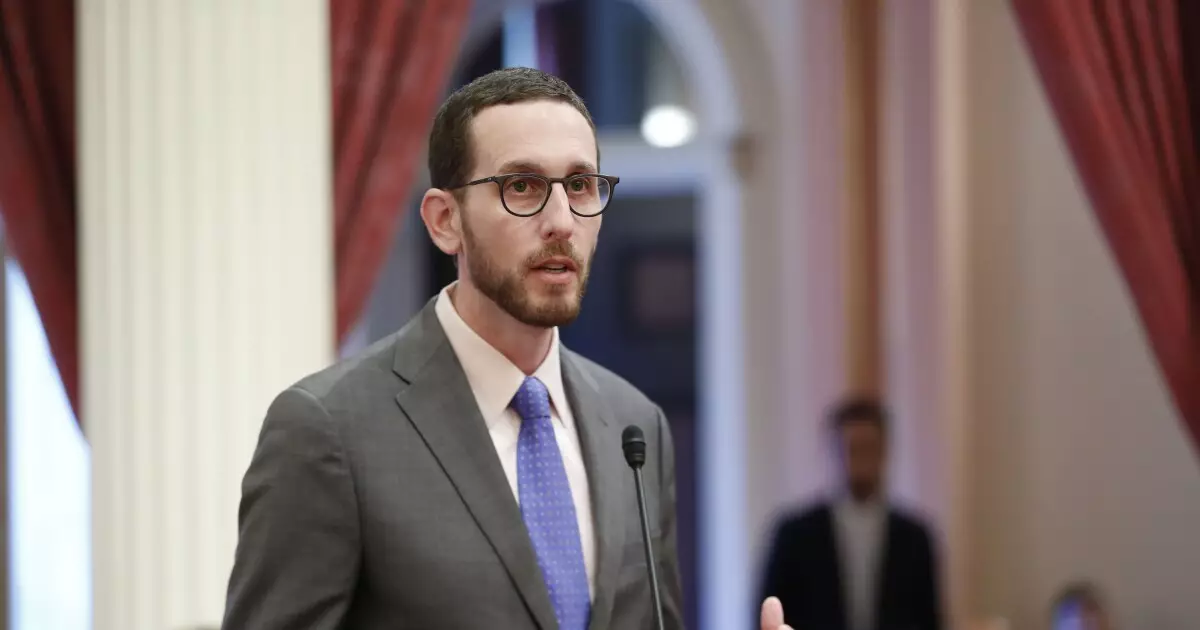A recent tax measure aimed at providing financial support for the San Francisco Bay Area Rapid Transit (BART) district has sparked controversy and opposition among local stakeholders. Senate Bill 1031, introduced by Sen. Scott Wiener and Sen. Aisha Wahab, proposes a ballot measure to generate funds for the struggling BART system, which has been facing financial difficulties due to the decline in commuter ridership post-COVID-19.
Despite being approved by the California Senate, SB 1031 faces resistance from various local leaders and politicians. San Jose Mayor Matt Mahan, state Sen. Dave Cortese, and Santa Clara County Supervisor Cindy Chavez are planning to form a political action committee to thwart the tax proposal, citing concerns that their constituents would be taxed to support transit agencies serving other regions.
The bill empowers the Metropolitan Transportation Commission to choose from various tax methods, such as a half-cent sales tax, payroll tax, regional vehicle surcharge, or a combination of these, to raise $1.5 billion in funds over 30 years. The regional tax measure aims to address BART’s anticipated annual operating deficits, projected to reach $385 million by 2027.
One of the key points of contention is the requirement for a study of the Bay Area’s 27 transit agencies and recommendations for potential mergers or enhanced coordination. While some opposition stems from the consolidation study, most concerns revolve around how the funding would be distributed among the agencies. Cortese has described the measure as an “existential threat” to the Valley Transportation Authority (VTA) in Santa Clara County, as it would limit their ability to seek approval for future sales tax increases.
The latest version of SB 1031 proposes that counties retain 70% of the funds raised through the measure to benefit their own transit agencies, with the percentage increasing to 90% over time. This allocation strategy is seen as a potential solution to address concerns about the equitable distribution of funds and support for local transit agencies.
As SB 1031 continues to move through the legislative process, it remains to be seen how the bill will evolve and whether compromises can be reached to address the concerns raised by local stakeholders. The fate of BART and the broader Bay Area transit system hinges on finding sustainable funding solutions that balance the needs of different regions and transit agencies. Collaboration and dialogue among all parties involved will be crucial in navigating the complexities of funding public transportation in the post-pandemic era.
The debate surrounding SB 1031 underscores the challenges of funding public transportation infrastructure and the competing interests at play in shaping policy decisions. While the goal of supporting BART and improving transit services is commendable, finding common ground and addressing the diverse needs of stakeholders will be essential in moving forward with a viable funding solution.

